Many things must be considered when choosing the right type of mortgage for your needs. Before settling on specifics, such as fixed rate or adjustable rate, you'll need to decide between government and conventional loan programs, and it's important to know the differences. Both government programs (FHA, USDA, and VA loans, etc.) and conventional programs have pros and cons, depending on your situation.
The most common government loan is an FHA loan. "FHA" stands for Federal Housing Administration, which insures FHA loans. The federal government insures loans through approved lenders to reduce the risk of a loss to the lender in the case of a homeowner defaulting on their mortgage. Mortgage insurance premiums are part of this protection. For this type of loan, borrowers pay an upfront fee and a monthly premium. Generally, the mortgage insurance stays in place for the life of the loan. By having these standards and this protection, the FHA can lend to borrowers with lower credit scores, and with options for low down payments.
Conventional loans must comply with the guidelines set by Fannie Mae and Freddie Mac, the government-sponsored enterprises that buy mortgages on the secondary market. Fannie and Freddie's guidelines are stricter than those of the FHA, and include conditions for good credit, strong financial status, and larger down payments. However, these stricter policies generally allow for a quicker and easier approval process. Conventional loans do not require any upfront mortgage insurance payment, but private mortgage insurance is, in fact, required if the borrower makes less than a 20% down payment. Once 22% has been paid, the mortgage insurance is removed automatically.
When you are ready to purchase a home, I would love to meet with you and help you decide which loan type is the best for your financial situation. We can assess your financial goals and determine a plan. Call me today to set up an appointment.


